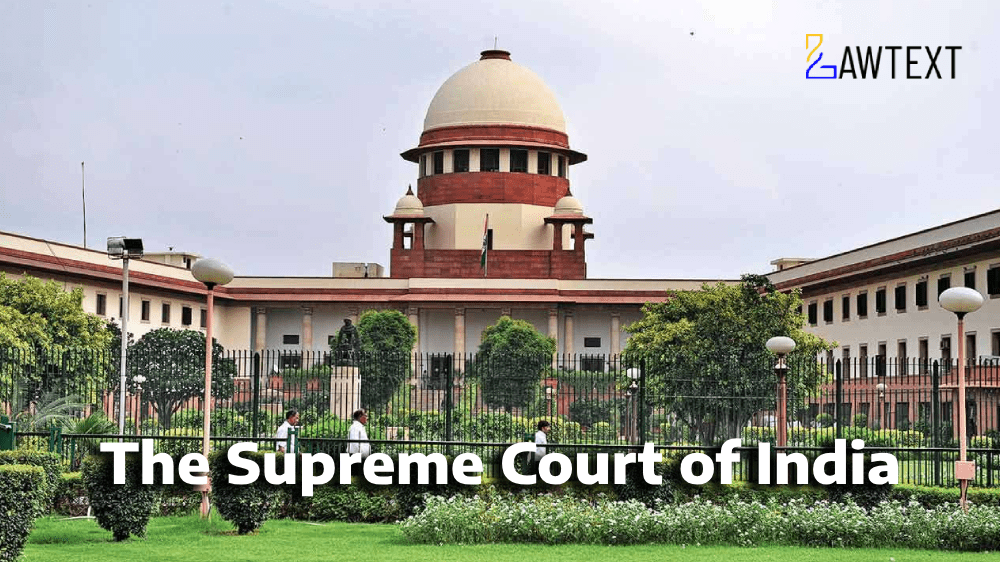Supreme Court Quashes Criminal Proceedings in Dowry and Criminal Breach of Trust Case Due to Locus Standi and Delay Issues. Father's FIR for Recovery of Daughter’s ‘Stridhan’ Quashed; Court Reiterates Sole Ownership of 'Stridhan' by Women.

CASE NOTE & SUMMARY
The Supreme Court quashed the criminal proceedings initiated by a father against his daughter's former in-laws for the recovery of her 'stridhan' (gifts given during marriage). The Court highlighted that the daughter, who had divorced her husband and remarried, did not authorize her father to file the complaint. The Court emphasized that a woman has absolute ownership over her 'stridhan' and that the father had no locus standi to initiate proceedings on her behalf. Additionally, the complaint was filed after an unexplained delay of over five years post-divorce, which further weakened the case.
1. Background of the Case:
- The appeal was filed against a High Court order refusing to quash criminal proceedings under Section 406 of the IPC and Section 6 of the Dowry Prohibition Act, 1961.
- The case originated from an FIR filed by the father of the complainant’s daughter, seeking the return of her 'stridhan', which was allegedly in the possession of her former in-laws.
2. Legal Issues:
- The primary question was whether the father had the locus standi to file an FIR for the recovery of his daughter’s 'stridhan'.
- The Court also considered the delay in filing the FIR, which was initiated more than five years after the divorce and three years after the daughter’s remarriage.
3. Supreme Court's Observations:
- The Court reaffirmed the legal position that 'stridhan' is the absolute property of a woman, over which she has exclusive rights.
- The father had no legal standing to file the complaint without explicit authorization from his daughter.
- The Court noted that the complaint was filed with a significant delay, raising concerns about the intent behind the proceedings.
4. Jurisprudence on 'Stridhan':
- The judgment referred to precedents like Pratibha Rani v. Suraj Kumar and Rashmi Kumar v. Mahesh Kumar Bhada, which uphold the woman's sole authority over 'stridhan'.
- The Court also cited Section 14 of the Hindu Succession Act, 1956, reinforcing that a Hindu female is the absolute owner of her property.
5. Grounds for Quashing the FIR:
- The FIR did not disclose a cognizable offence as there was no evidence of entrustment or misappropriation of 'stridhan' by the former in-laws.
- The Court applied the principles laid down in State of Haryana v. Bhajan Lal for quashing the FIR, noting the manifest mala fides and delay in the proceedings.
6. Conclusion:
- The Supreme Court quashed the criminal proceedings, ruling that the complaint was an abuse of legal process, initiated without proper grounds and after an unjustifiable delay. The Court reiterated the legal principle that 'stridhan' is the sole property of the woman, and no one else has the right to claim or recover it on her behalf.
ISSUE OF CONSIDERATION
MULAKALA MALLESHWARA RAO & ANR. Versus STATE OF TELANGANA & ANR.
Citation: 2024 LawText (SC) (8) 291
Case Number: CRIMINAL APPEAL NO………………. OF 2024 (Arising out of Special Leave Petition (Crl.) No.3981/2023)
Date of Decision: 2024-08-29
Case Title: MULAKALA MALLESHWARA RAO & ANR. Versus STATE OF TELANGANA & ANR.
Before Judge: (J. K. MAHESHWARI J. , SANJAY KAROL J. )
Appellant: MULAKALA MALLESHWARA RAO & ANR.
Respondent: STATE OF TELANGANA & ANR.

